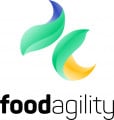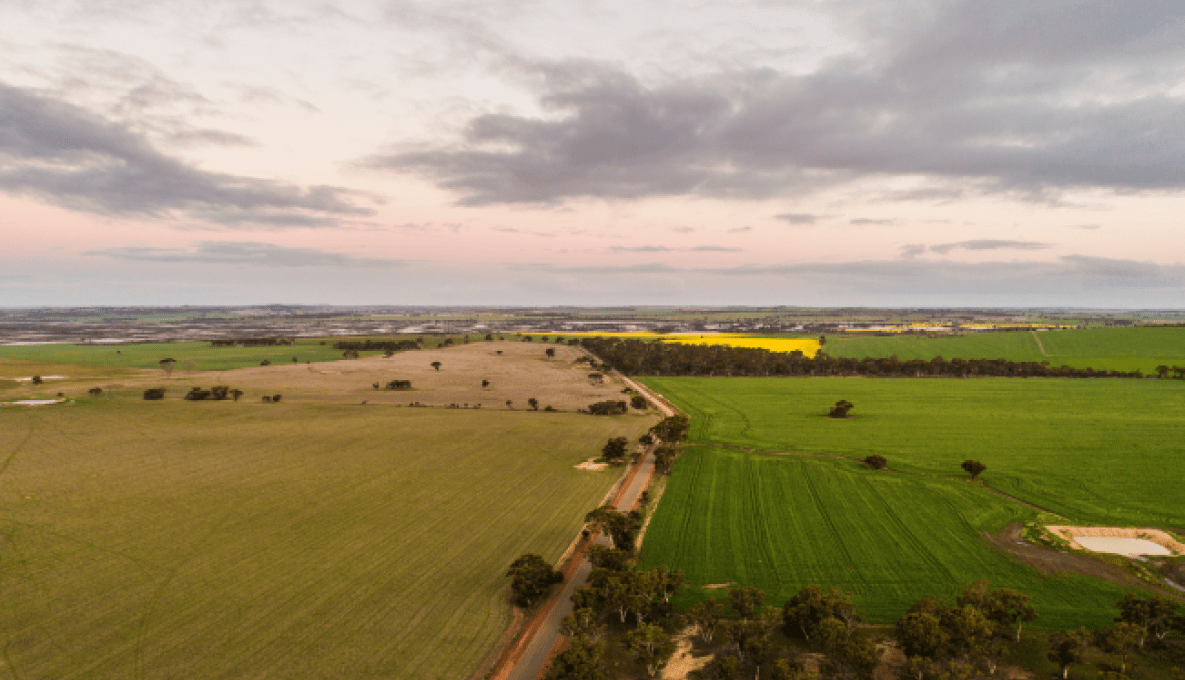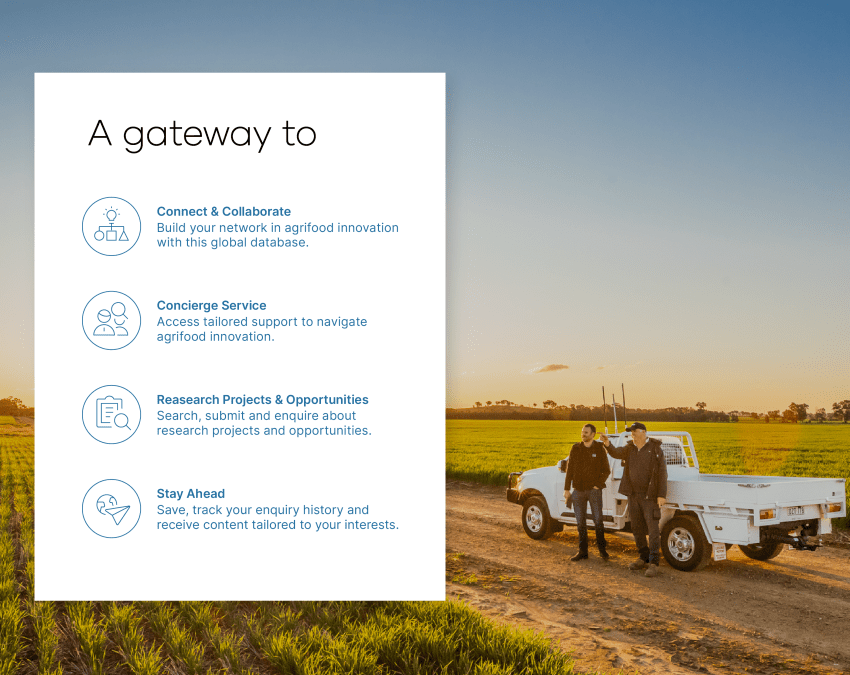
Food Agility’s agile research approach delivers innovation with impact
From affordable carbon measurement to accurate yield forecasting, the Food Agility CRC’s agile research approach is accelerating innovation – and gearing Australian farmers for the future.

As we wait to hear whether an agrifood sector bid might get the green light in Round 23 of the Australian Government’s Cooperative Research Centre (CRC) program, one existing CRC is already putting runs on the board – delivering high impact research with commercial application that’s geared to make Australian farmers more profitable, sustainable and globally competitive.
A flagship agrifood CRC, the ten-year $150 million Food Agility is investing in world-leading research that’s changing the way we produce, supply and consume food. With a focus on equipping the sector to embrace the opportunities of tomorrow, Food Agility is creating new data-driven digital solutions using artificial intelligence, robotics, blockchain, sensors, advanced data analytics and more.
RELATED: CRC Round 23 bids putting an Australian lens over global ag challenges
Related organisations

-crop-672x478.png)
Partnering with natural innovators assists commercialisation
Working at the interface of data driven technology and agriculture, Food Agility brings together 88 partners spanning the breadth of Australia’s agrifood value chain – from government and researchers to agritech companies, food processors and retailers.
And one goal unites them all: deliberate innovation. Food Agility’s Chief Commercial Officer, Camilla Roberts explained, “Australia is home to some of the world’s leading researchers in agrifood, technology and associated fields, who produce outstanding research and powerful new knowledge. But that research doesn’t always translate into impact."
"Food Agility is forging new ways to do collaborative research, unlocking our sector’s ability to deliver greater return on investment and impact for industry.”
RELATED: Innovation, collaboration and persistence: the art of growing red meat market access
That means working with natural innovators – the early adopters in industry, tech and research – and applying agile approaches to enhance the likelihood of successful commercialisation.
“We make sure we’re testing prototypes early and often, and then feeding those results back into the project,” explained Camilla. “And because we've been testing it with customers all the way through, we’re more confident in being able to say that this outcome can commercialise in a healthy way.”
“But the other key part is choosing commercial partners who have strong customer networks, distribution channels and the capacity to scale. Because we want them to put research in the hands of users and deliver that return on investment for industry. If we get it right, everybody wins.”
-crop-672x478.png)
Agile approach puts innovation in the hands of winegrowers
A recent collaboration with agritech company, The Yield Technology Solutions, and the University of Technology Sydney (UTS), proves Food Agility’s “everybody wins” approach is paying dividends.
Using AI, historical and current production and real-time microclimate data, researchers created models to predict wine grape yield and harvest dates – improving capacity for producers and processors to plan and manage pre- and post-harvest resources.
RELATED: Harvest optimisation technology, a smart move for Australia’s viticulture industry
“Less than halfway through the project, The Yield were able to secure a three-year contract with winemaking giant, Treasury Wine Estates. That’s because the researchers had been testing early, often, and with end users,” said Camilla. “It’s a great example of how quickly Food Agility’s approach to research can produce a commercial benefit.”
The Yield collaboration is a key project within Food Agility’s Horticulture, Robotics & AI investment program, one of three strategic pillars which guide Food Agility’s investment. Camilla explained, “The three pillar strategy focuses our efforts on areas in which the CRC and our partners have particular expertise, so we can deliver the greatest impact.”
“The other pillars are Carbon & Natural Capital, focused on addressing key gaps in the technology, data and modelling for the emerging carbon economy and natural capital markets – and Global Digital Farm, a groundbreaking project that’s building Australia's first hands-free farm.”
RELATED: Agronomeye: The first-ever 3D view to help farmers turbocharge business
-crop-672x478.png)
Positioning rangeland farmers for a carbon-neutral future
With approximately 30 active and completed projects across its three pillars, Food Agility has been busy since its launch in 2017. But a recently commissioned project could be its most ambitious yet – in both scale and transformative impact.
Camilla explained, “Our Rangelands Carbon Project is a three-year $6.5 million collaboration with AACo [the Australian Agricultural Company]. Announced on National Agriculture Day by the Minister for Agriculture, the Hon. David Littleproud MP, it’s a nationally significant project that will revolutionise how rangelands farmers measure, manage and trade carbon.”
Bringing together leaders in technology and carbon science – Cibo Labs, FLINTPro, CarbonLink, UTS, Federation University and Charles Sturt University – the project will devise a tool to accurately and affordably measure soil carbon in Australian rangelands.
“Rangelands make up 75% of Australia's landmass,” said Camilla. “But a major barrier to rangeland managers participating in carbon markets is the cost of soil tests – which at $20 per hectare can price them out of the market.”
RELATED: FarmLab’s funding round geared to enable farmers to measure and monetise carbon
The new tool will be driven by data models that use satellite imagery of biomass and vegetation as proxies for soil carbon. And by measuring change in soil carbon over time, the project will also advise on best practice carbon management and sequestration opportunities for rangelands soils.
“We’re hoping to extrapolate what we learn from AACo to rangeland operators nationally, delivering a cost-effective but accurate measurement for carbon that will enable them to participate in carbon markets and capture an extra source of revenue from a market that’s increased 320% since last year,” said Camilla.
-crop-672x478.png)
Collaboration increases visibility of investment pipeline
For Food Agility, the next 12 months will be just as busy, with more exciting research projects on the way. growAG. will feature 21 of those, covering topics as diverse as blockchain in beef exports, to transforming Australian shellfish production.
“Listing our work on growAG. connects us to the broader agrifood innovation system,” said Camilla. “We can look for opportunities to collaborate, issue call-outs and communicate our work to a broader audience.”
“And with its focus on what’s coming through the innovation pipeline, growAG. is a good complement to our online directory of commercially available agtech in Australia – agtechfinder.com. Together, these platforms give visibility to the innovations that are, or will be, available to help the sector reach its $100 billion by 2030 goal. Because that’s what we’re here to support.”
To learn more, explore the Food Agility projects here. Also find the Digital AgriFood Summit 2022 dates here.
-crop-850x675.png)
Looking for engagement?
Showcase your commercialisation opportunity today.
Talk to our team to discuss how growAG. can connect your innovation to industry.
Have questions? Find answers to our most frequently asked questions on research projects, commercial opportunities, organisations and more.
